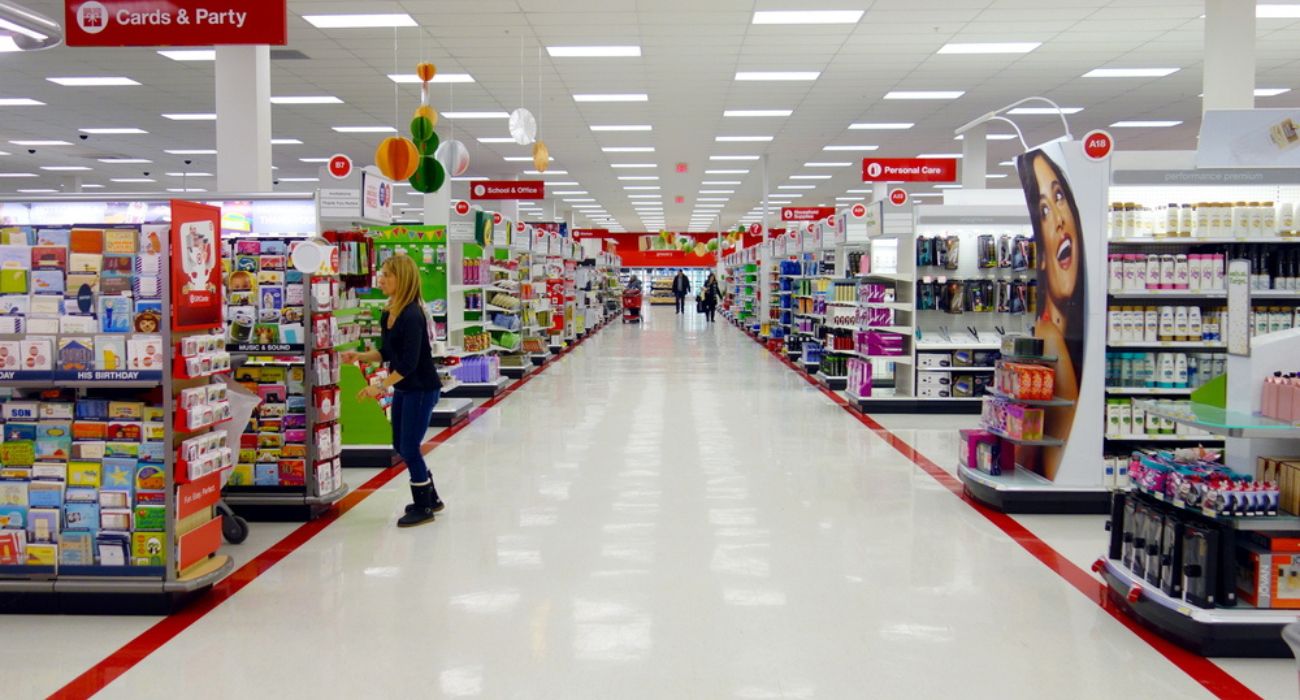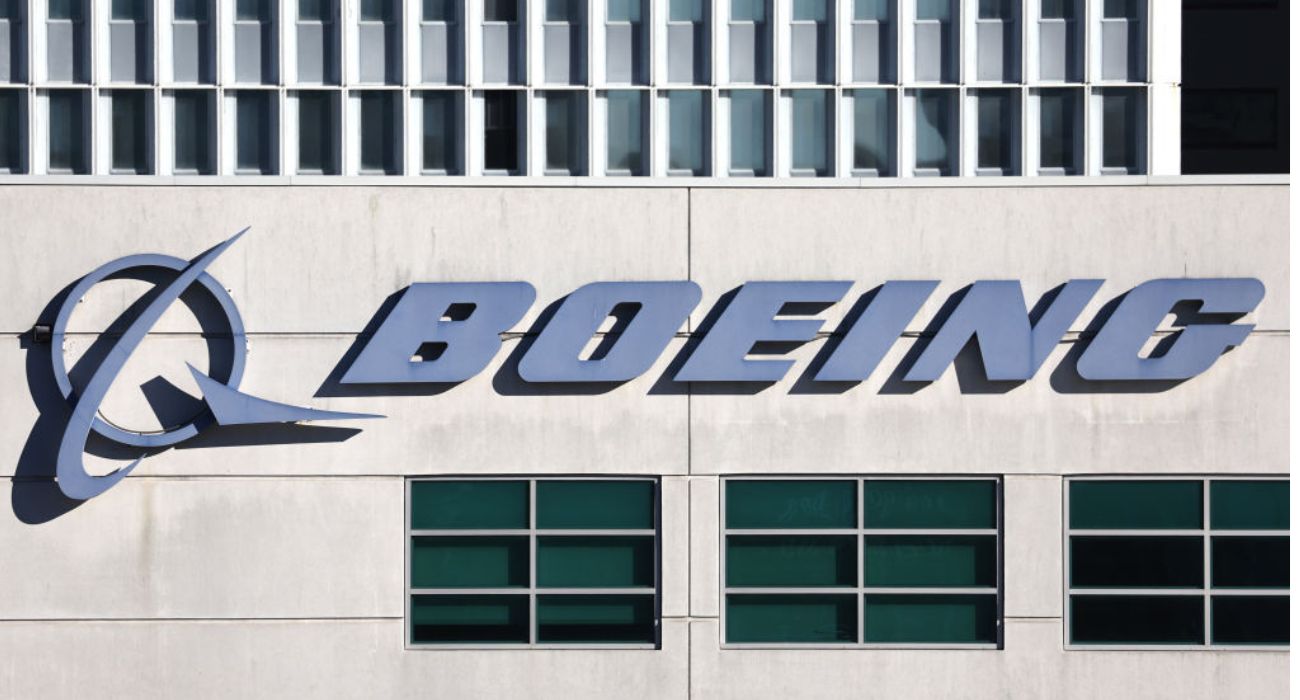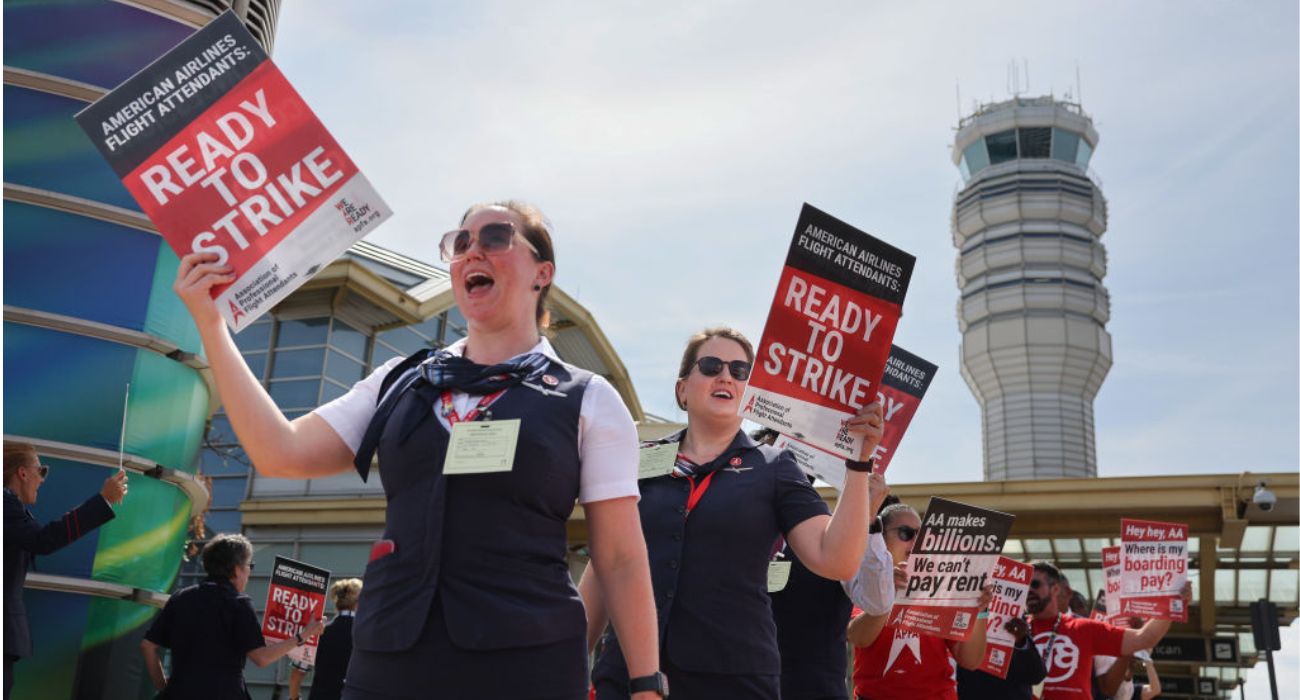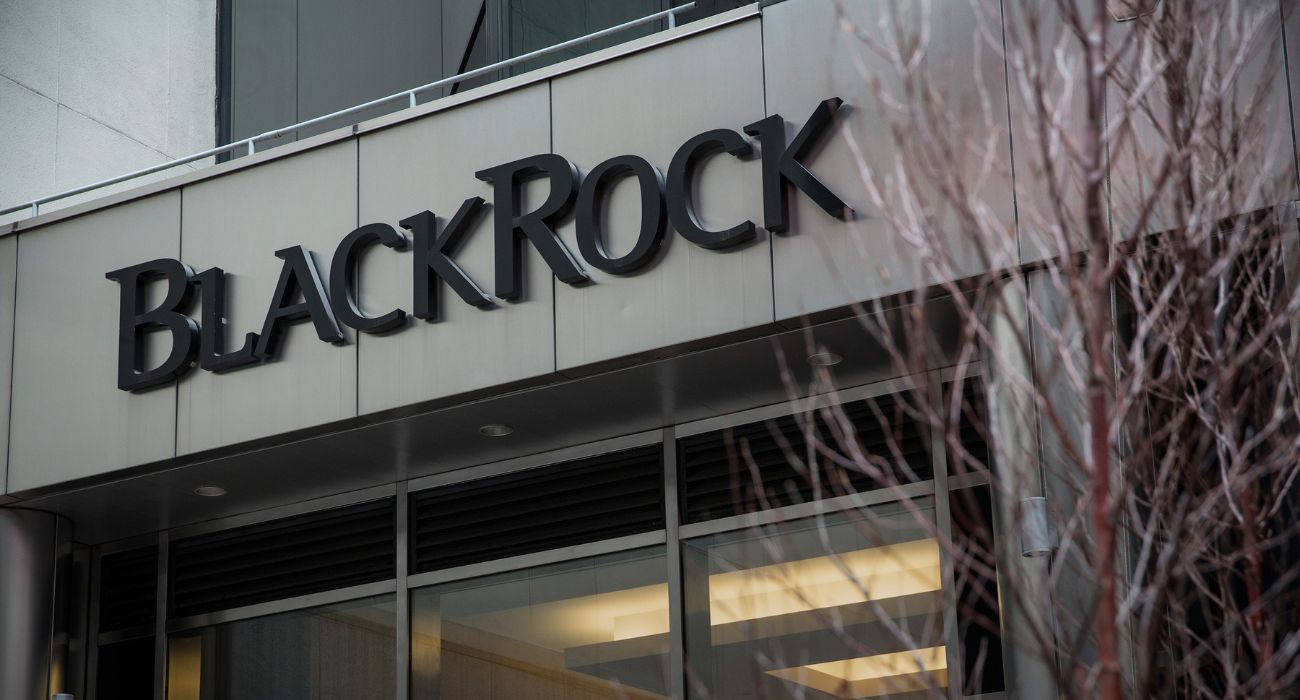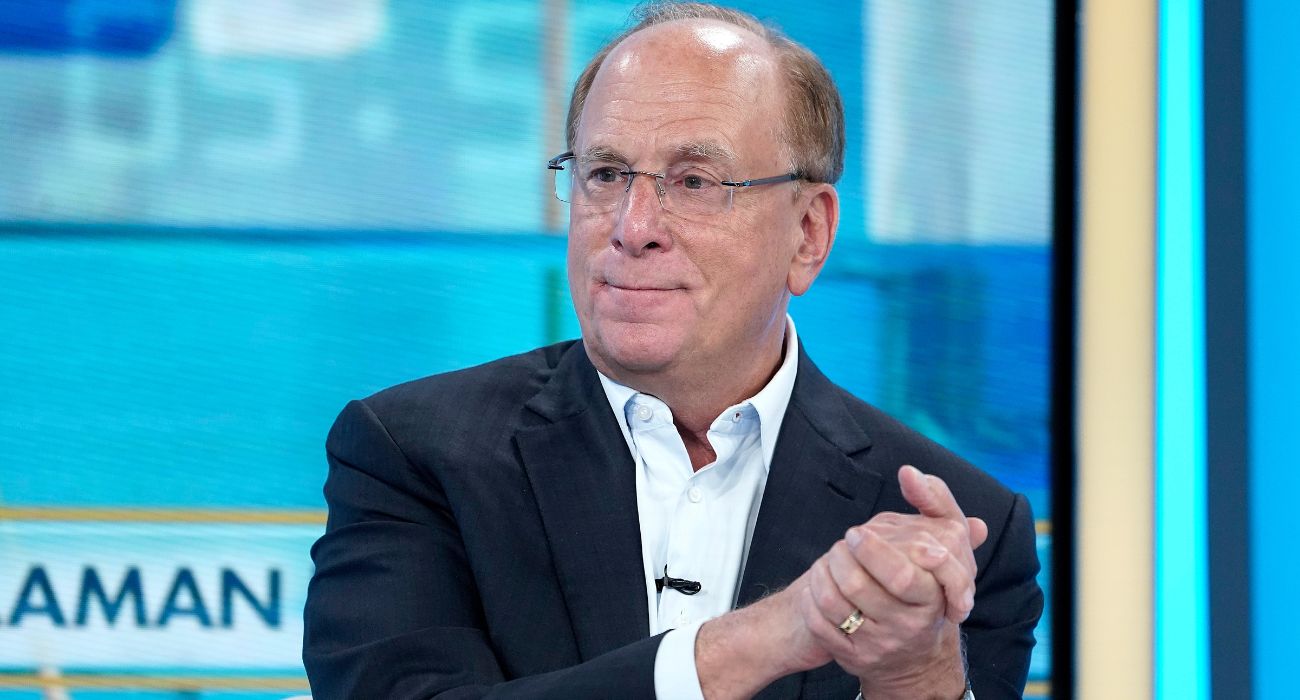Theft at stores continues to weigh on retailers according to industry leaders.
A 2022 report from the National Retail Federation (NRF) said stores lost $94.5 billion in 2021 due to “inventory shrinkage,” up from $90.8 billion in 2020. Inventory shrinkage refers to instances where a store’s actual product is less than what it should be according to accounting records, with theft being a major contributing factor.
“It [inventory shrinkage] was certainly a headwind [last year],” Target CFO Michael Fiddelke told Yahoo Finance.
“We know we’re not alone in seeing elevated levels of shrink and organized retail crime driving some of that theft.”
Retail theft will likely hit Target’s earnings in 2023, Fiddelke suggested, as the profit impact caused “hundreds of millions of dollars of headwind.”
According to the NRF’s report, 32.8% of retailers surveyed said organized retail crime was “much more” of an issue in the past five years.
The NRF defines organized retail crime as “the large-scale theft of retail merchandise with the intent to resell the items for financial gain.”
Stores reeling from theft have increased their security and have increasingly locked up easy-to-steal items, like household essentials, according to Yahoo Finance.
“These highly sophisticated criminal rings jeopardize employee and customer safety and disrupt store operations,” Mark Mathews, vice president at NRF, said, as reported by Yahoo Finance.
“Retailers are bolstering security efforts to counteract these increasingly dangerous and aggressive criminal activities.”
In an interview with CNBC last year, Walmart CEO Doug McMillon also raised the issue of organized retail crime, stating, “if that’s not corrected over time, prices will be higher, and/or stores will close.”
Not all industry leaders agree, however, as Walgreens CFO James Kehoe said, “Maybe we cried too much last year,” as previously reported by The Dallas Express.
Walgreens bolstered its security due to inventory shrinkage and attributed some store closures in San Francisco to shoplifting, but Kehoe later said in an earnings call in January, “Actually, probably we put in too much, and we might step back a little bit from that.”

